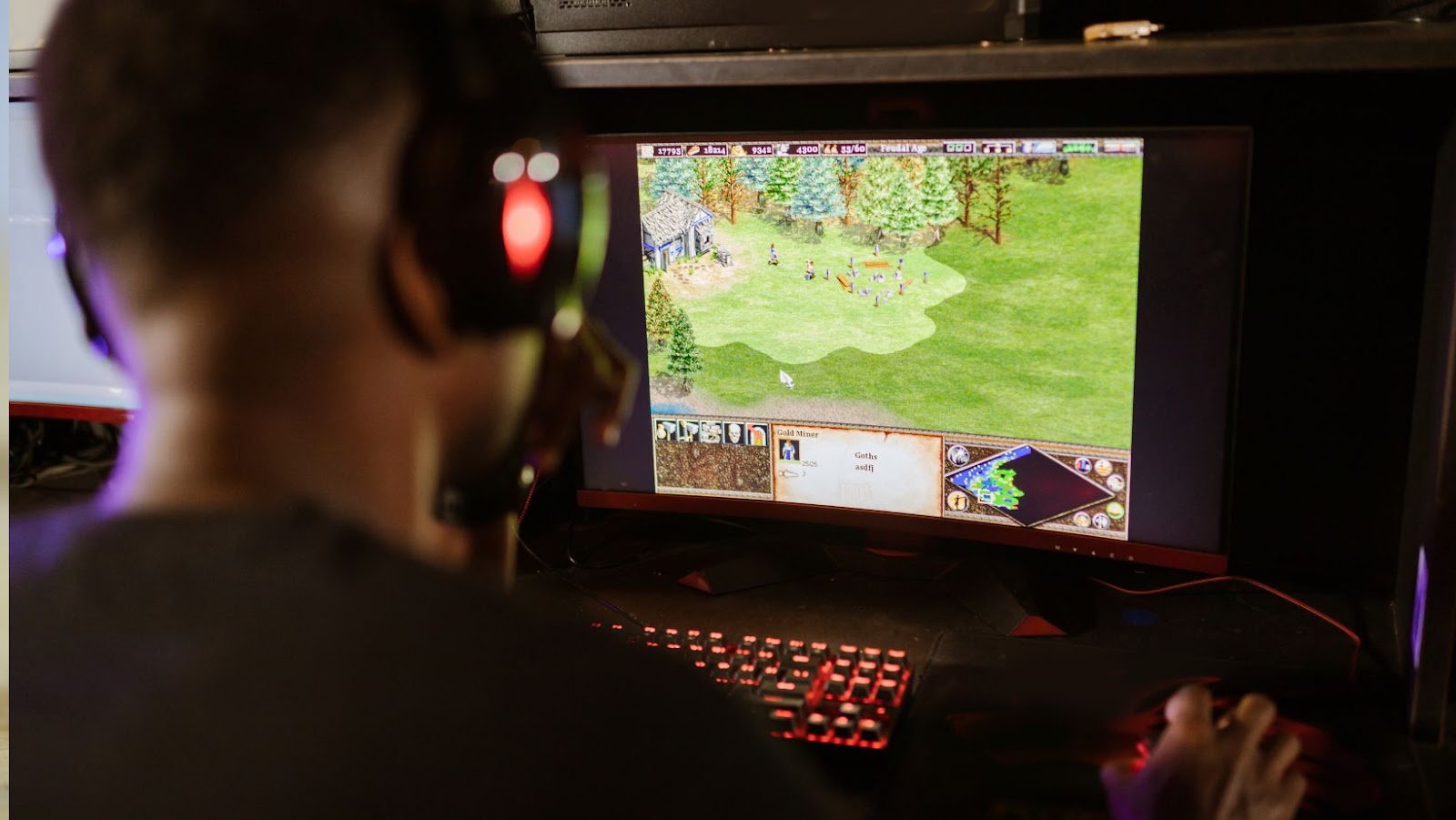 Gaming Newsletters
Gaming Newsletters
Keeping up with gaming trends helps gamers stay ahead, by benefiting from real-time news, it stays relevant. Equipped with insights about the regular updates in popular games, the advent of new games, and analysis from seasoned gaming professionals, gamers can optimize their experience. Newsletters, by offering this information regularly, help to transform a gamer’s approach to gaming.
Specifically, with news on popular game updates, gamers get the chance to improve, by exploring new features as soon as they’re released. They can refine their strategies based on the changes and enjoy the game in a whole new light. For example, a newsletter pointing out updates in “Fortnite” doesn’t just inform about the updates. It also gives tips on how to utilize these updates optimally.
Equally, newsletters introduce newly released games and their mechanics. A gamer gets familiarized with various aspects of the game before even trying it out. An instance is a release news and detailed analysis of “Cyberpunk 2077” – this helped gamers understand the game’s premise, allowed them to foresee potential issues, and know if it suits their gaming style.
Critiques and analyses from professionals are another perk. These experienced individuals enhance the subscriber’s knowledge, offering technical viewpoints that a casual user might miss. Let’s consider a newsletter featuring an in-depth critique of “Red Dead Redemption 2.” The detailed analysis helps gamers appreciate qualities like the game’s intricate storytelling and stunning visual design.
In a nutshell, gaming newsletters are not just a source of information. They’re empowering tools that let gamers adapt to trends, explore new games with confidence, and appreciate games from a more nuanced perspective.
 The Role of Gaming Newsletters
The Role of Gaming Newsletters
In the gaming domain, newsletters serve as powerful cues. They act as a critical source of information, impacting the gaming journey of players worldwide.
Gaming newsletters excel in presenting key updates in an easily digestible format. Through them, gamers receive news of the latest game releases, updates, trends, and insider tips. For instance, a subscription to a newsletter like IGN’s brings direct updates on popular games like ‘Fortnite’ or ‘Minecraft’ into a player’s inbox. Alongside this, tips from industry insiders give gamers the edge they seek in their play.
Powerful impacts manifest in gamers due to the constant influx of gaming newsletters. These publications unveil game releases before public announcements, imparting subscribers an insightful edge. The newsletters serve as vital navigators, directing gamers towards new gaming territories to conquer. For example, newsletters might feature narratives of ‘Elden Ring’ weeks before it’s globally recognized. Furthermore, gamers possess an enlightened sense of gaming worlds, acquiring perspectives that enhance their grasp of gaming ethics, narratives, and complexities. Their gaming experience, consequently, becomes optimized, navigating the spheres of adaptability, exploration, and nuanced appreciation.
 How to Choose the Right Gaming Newsletter
How to Choose the Right Gaming Newsletter
Integral to making the right decision is understanding one’s own gaming interests and the legitimacy of the newsletters. Structured below are significant factors as cluster vectors, trimmed for optimal relevance to the subject.
A gamer’s preferences play a pivotal role in choosing the right gaming newsletter. Whether for someone drawn to first-person shooters, an aficionado of MMORPGs, or an enthusiast in VR gaming, tailoring the choice towards one’s gaming genre enriches the experience. Examining a newsletter’s coverage, say, popular AAA titles, indie games, or retro games, paves the way for a more informed selection. For instance, a gamer with a keen interest in retro games would find newsletters focusing on the genre insightful and beneficial.
Alongside tailoring to interests, establishing the legitimacy of gaming newsletters becomes paramount. Accuracy and authenticity make or break the trust gamers place in these digests. Keep an eye out for authoritative sources tied to the gaming industry as a barometer for legitimacy. Consider newsletters that frequently cite such authoritative sources. Look beyond enticing headlines; assess the depth of information, citation of sources, and factual accuracy. For example, newsletters from notable gaming platforms like IGN, GameSpot, or Polygon frequently reference official statements from game developers, employ industry experts, and provide in-depth analysis, grounding their legitimacy.